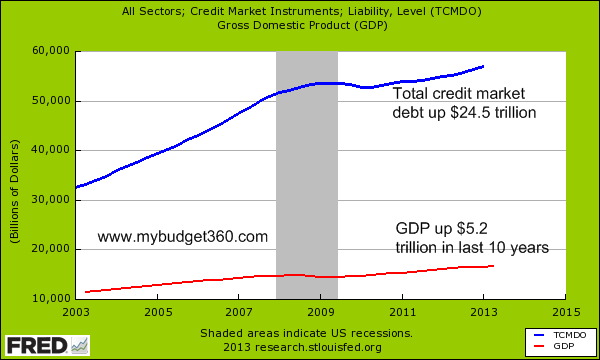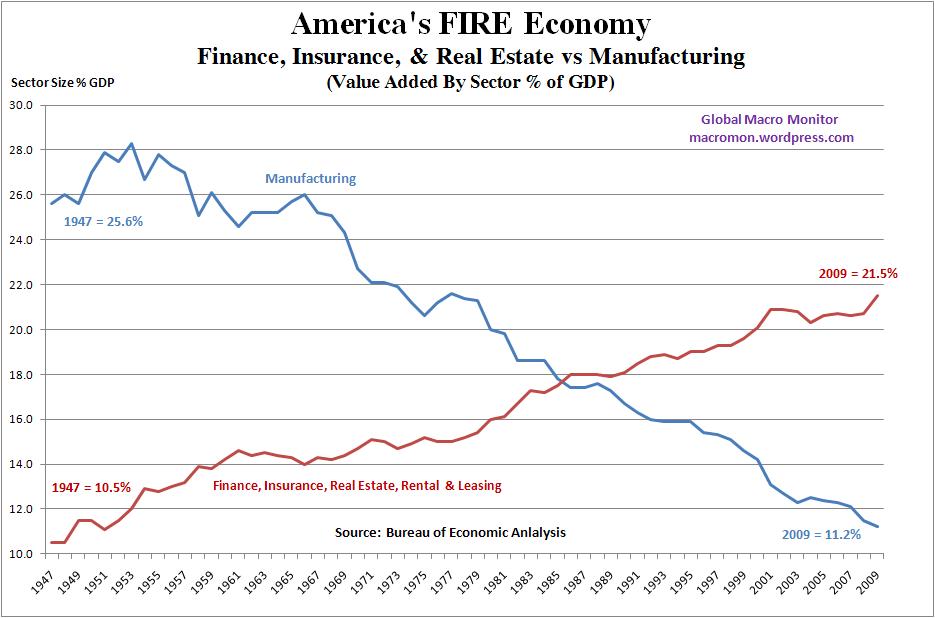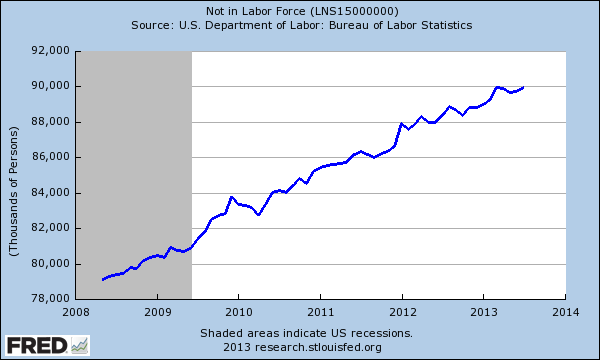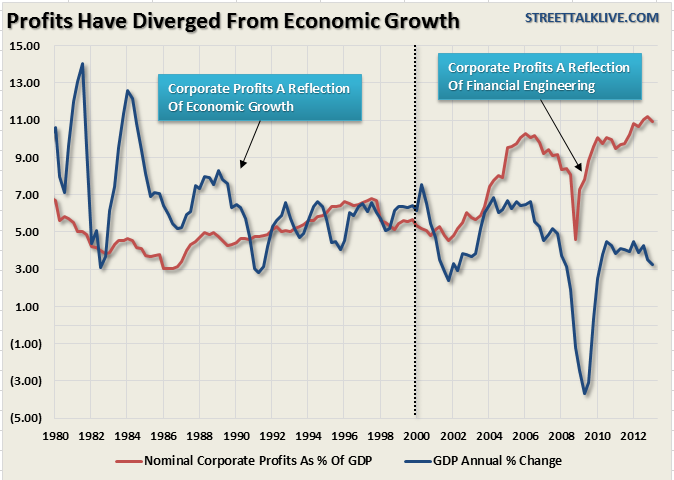It's been a while since I've posted anything by my main isolationist paleo-conservative, Mr. Pat Buchanan. But with the proverbial excrement about to hit the ventilator over Assad's alleged use of chemical weapons, it's about time. I can't find much to disagree with below.
I could give a shilling about the U.S. or Obama saving face. The dangerous idea that we must "lead" and intervene everywhere, even where our vital interests are not at stake, or else risking losing our influence, is the road to empire, overreach and collapse.
By Patrick J. Buchanan
August 30, 2013 | Human Events
The next 72 hours will be decisive in the career of the speaker of the House. The alternatives he faces are these:
John Boehner can, after “consultation,” give his blessing to Barack Obama’s decision to launch a war on Syria, a nation that has neither attacked nor threatened us.
Or Boehner can instruct Obama that, under our Constitution, in the absence of an attack on the United States, Congress alone has the authority to decide whether the United States goes to war.
As speaker, he can call the House back on Monday to debate, and decide, whether to authorize the war Obama is about to start. In the absence of a Congressional vote for war, Boehner should remind the president that U.S. cruise missile strikes on Syria, killing soldiers and civilians alike, would be the unconstitutional and impeachable acts of a rogue president.
Moreover, an attack on Syria would be an act of stupidity.
Why this rush to war? Why the hysteria? Why the panic?
Syria and Assad will still be there two weeks from now or a month from now, and we will know far more then about what happened last week.
Understandably, Obama wants to get the egg off his face from having foolishly drawn his “red line” against chemical weapons, and then watching Syria, allegedly, defy His Majesty. But saving Obama’s face does not justify plunging his country into another Mideast war.
Does Obama realize what a fool history will make of him if he is stampeded into a new war by propaganda that turns out to be yet another stew of ideological zealotry and mendacity?
As of today, we do not know exactly what gas was used around Damascus, how it was delivered, who authorized it and whether President Bashar Assad ever issued such an order.
Yet, one Wall Street Journal columnist is already calling on Obama to assassinate Assad along with his family.
Do we really want back into that game? When John F. Kennedy and Robert Kennedy explored the assassination option with Fidel Castro, blowback came awfully swift in Dallas.
Again, what is the urgency of war now if we are certain we are right? What do we lose by waiting for more solid evidence, and then presenting our case to the Security Council?
Kennedy did that in the Cuban missile crisis. U.N. Ambassador Adlai Stevenson made the case. And the world saw we were right.
If, in the face of incontrovertible proof, Russia and China veto sanctions, the world will see that. Then let John Kerry make his case to Congress and convince that body to authorize war, if he can.
But if Obama cannot convince Congress, we cannot — and ought not — go to war. The last thing America needs is an unnecessary, unconstitutional war in that God-forsaken region that both Congress and the country oppose.
Indeed, the reports about this gas attack on Syrian civilians have already begun to give off the distinct aroma of a false-flag operation.
Assad has offered U.N. inspectors secure access to where gas was allegedly used. It is the rebels who seem not to want too deep or long an investigation.
Our leaders should ask themselves. If we are stampeded into this war, whose interests are served? For it is certainly not Assad’s and certainly not America’s.
We are told Obama intends to hit Syria with cruise missiles for just a few days to punish Assad and deter any future use of gas, not to topple his regime. After a few hundred missiles and a thousand dead Syrians, presumably, we call it off.
Excuse me, but as Casey Stengel said, “Can’t anybody here play this game?”
Nations that start wars and attack countries, as Gen. Tojo and Adm. Yamamoto can testify, do not get to decide how wide the war gets, how long it goes on or how it ends.
If the United States attacks Damascus and Syria’s command and control, under the rules of war Syria would be within its rights to strike Washington, the Pentagon and U.S. bases all across the Middle East.
Does Obama really want to start a war, the extent and end of which he cannot see, that is likely to escalate, as its promoters intend and have long plotted, into a U.S. war on Iran? Has the election in Iran of a new president anxious to do a deal with America on Iran’s nuclear program caused this panic in the War Party?
If we think the markets reacted badly to a potential U.S. strike on Syria, just wait for that big one to start. Iran has a population the size of Syria, Afghanistan and Iraq combined, and sits astride the Straits of Hormuz through which the free world’s oil flows.
And who will be our foremost fighting ally in Syria should we attack Assad’s army? The Al-Nusra Front, an arm of al-Qaida and likely successor to power, should Assad fall.
Whom the gods would destroy, they first make mad.












